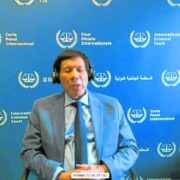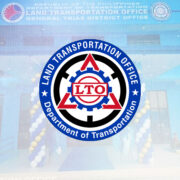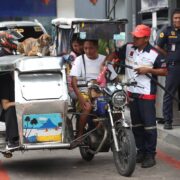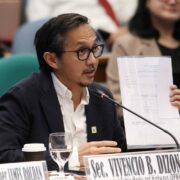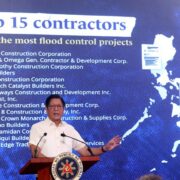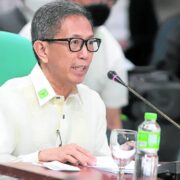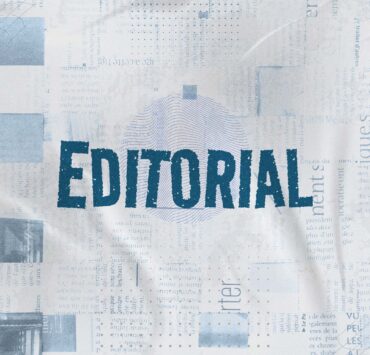Strengthening PH disaster mental health system
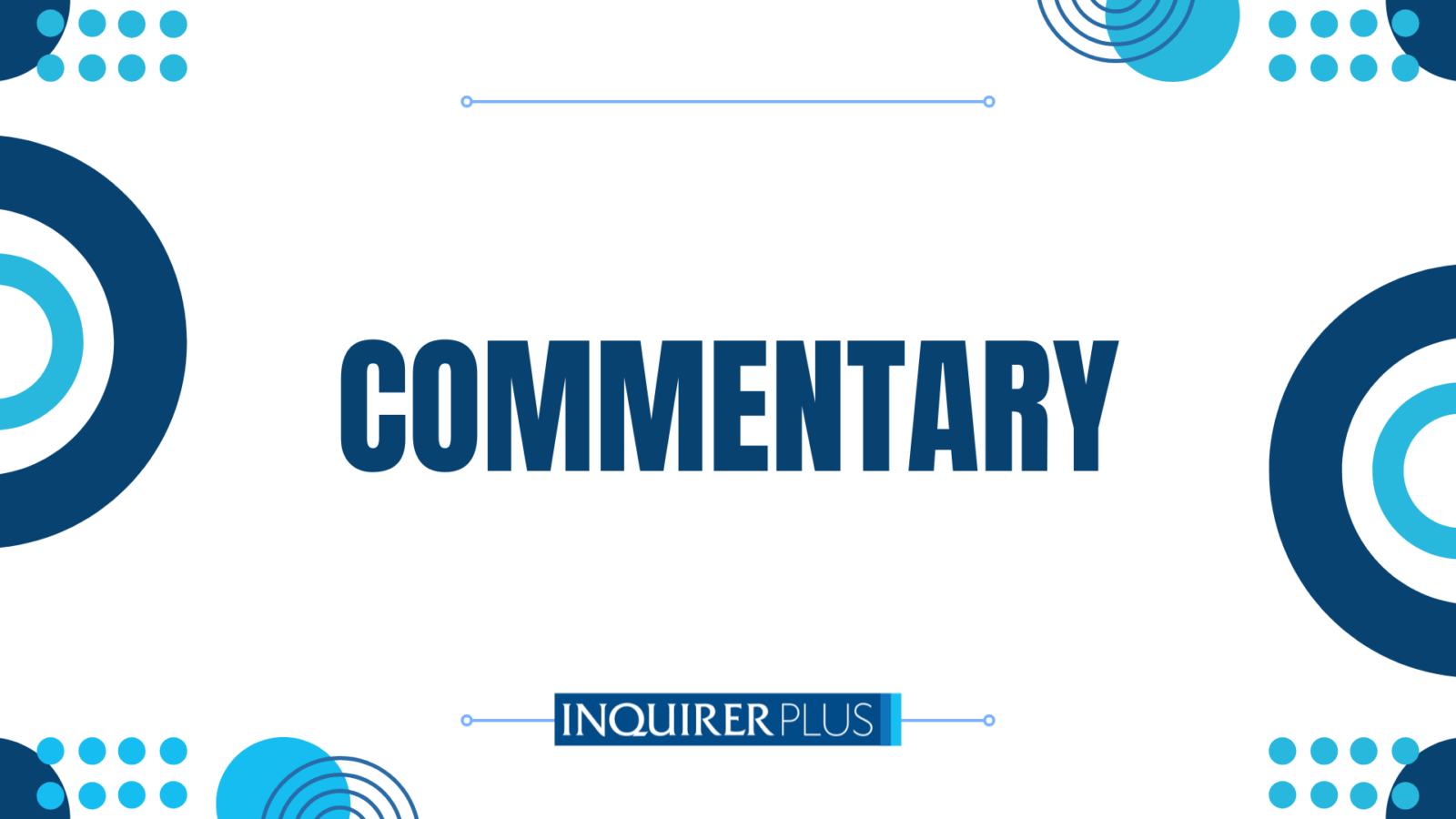
Disasters often expose the cracks in the system, and those in our mental health system have been obvious. The availability of mental health services cannot keep up with the increasing demand for these services after disasters. Our clinics can only be afforded by a few, and even those who can afford have to queue for miles. Efforts in providing post-disaster mental health support are scarce. Most of the affected communities usually are only able to avail of mental health services offered by nongovernment organizations, which are often available only in the short-term.
To improve post-disaster mental health services, we need to put the disaster context in mind. Disasters are characterized by the scarcity of community resources, including mental health services. In response to this limitation, the Inter-Agency Standing Committee, which is the highest humanitarian coordination body of the United Nations, proposed the mental health and psychosocial support (MHPSS) pyramid, which presents the hierarchy of interventions after disasters, and suggests how resources should be prioritized.
Published in 2007, the MHPSS pyramid follows a public health approach and prescribes prioritizing safety and security needs; followed by the strengthening of family and community supports; nonspecialized supports, such as psychological first aid (PFA); and finally, specialized services, which include clinical psychological and psychiatric care.
This order of prioritization suggests that by addressing the basic needs first, by making our social services robust, and by strengthening the natural support systems of disaster survivors, we will be able to prevent the escalation of most forms of psychological distress into psychiatric conditions and will reduce the number of people who will be needing specialist care.
Disasters are also characterized by chaos. Therefore, MHPSS should not contribute to this social disorder. Interventions should stay within the framework of the official disaster response system. On the one hand, mental health teams should avoid entering communities without proper coordination with the authorities. On the other hand, the government should find ways to successfully coordinate with various groups providing mental health services. Coordination is necessary to avoid confusion, fatigue, and disillusionment for both the survivor and the responder.
Furthermore, mental health interventions should be evidence-based. Evidence points to stress debriefing as not only ineffective, but even harmful, especially in the hands of the inexperienced, and in single-session contexts. Yet, many mental health providers are still doing it after disasters and doing it in single sessions.
In contrast, the World Health Organization recommends PFA. Unlike stress debriefing, PFA is an evidence-based practical way of providing immediate aid, comfort, safety, and support needs without prematurely unearthing traumatic experiences. PFA is simple and practical and may be provided not only by psychologists, but by any disaster responder. This could address the shortage of mental health professionals during these crises.
Disasters are not equalizers. They may even widen the gap between socioeconomic groups. Those with power and resources have good chances of coping. They also have access to quality mental health care and other resources needed for post-disaster recovery. In our current system, resilience is for those who can afford it. The rest will just have to endure. Therefore, we need to have a post-disaster mental health system that serves the poor and the marginalized, to reduce their vulnerability and to increase their coping capacity. Effective MHPSS answers the needs of the most vulnerable. MHPSS should be equitable.
In addition, MHPSS should be anchored in human rights and dignity. Provision of post-disaster support should always preserve the survivor’s dignity and should not curtail basic human rights such as the right to privacy and freedom of speech. MHPSS should be empowering and should build on individual and community capacities. It should not be used to take advantage of survivors. MHPSS always stays on the side of justice. It does not oppress, coerce, or operate through discrimination or systemic exclusion. It should not further victimize the survivors.
Lastly, disasters are not natural and are preventable. They occur when our hazard exposure interacts with our vulnerabilities, coupled with our poor coping capacity. As it goes, prevention is better than cure, and hazards do not have to become disasters. The best way to avoid post-disaster mental health problems is to prevent disasters from happening. That is real resilience, and not “resilience” as an excuse for incompetence.
—————-
Dr. Johnrev Guilaran is a professor of psychology at the University of the Philippines Visayas in Miagao, Iloilo, and specializes in disaster mental health.



